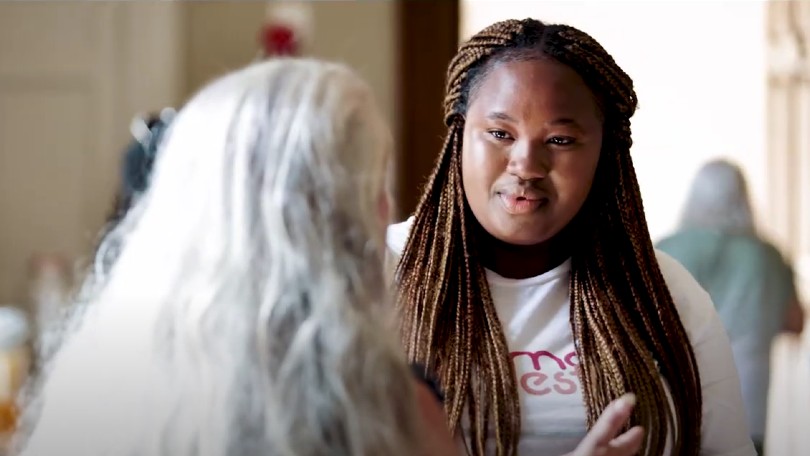The Care Journey project was established to explore and understand more about the types of support available to children and young people in the care system, affected by domestic abuse they’ve experienced. The aim was to understand key issues and risks, and to build a picture of what an effective trauma-informed intervention looks like for care experienced survivors to be able to experience safe, healthy, loving relationships.
Key findings
As part of scoping and research for the Care Journey project, the team spoke to 17 professionals with lived or professional experience, skills or knowledge of children’s social care and the care system.
Overall, the conversations found that the current support for young people in the care system was inadequate in relation to support with recovery from domestic abuse, other adverse childhood experiences and support in forming their own healthy relationships.
Conversations also found that:
- Building positive relationships are key to the wellbeing and happiness of a looked after child or care leaver.
- There is missing data on care experienced people’s experiences of relationships, sexual orientation and domestic abuse.
- The training on domestic abuse for professionals working with care experienced people is inconsistent and ‘light touch’.
- Loneliness and mental health are key priorities for interventions for care experienced people.
- Effective interventions avoid focusing on the negative aspects of being care experienced and highlight the resilience of young care experienced people.
- Peer support is considered a useful tool in interventions.

